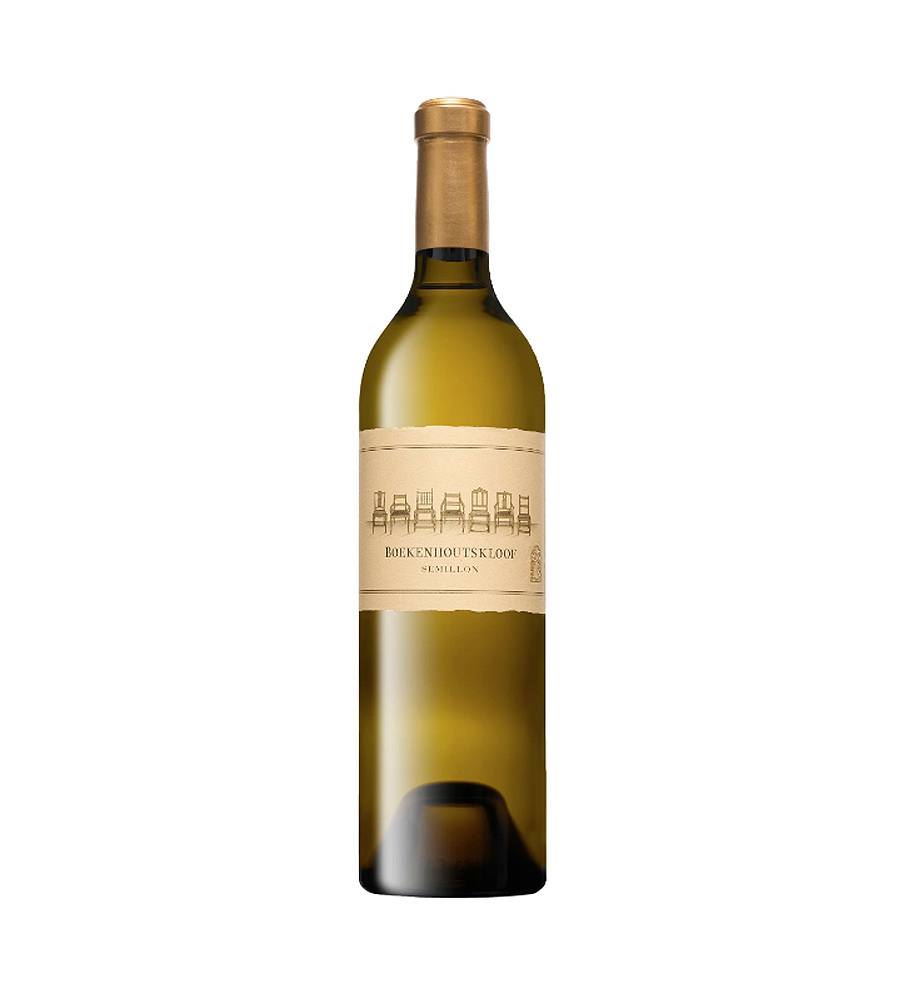Boekenhoutskloof
Our Sémillon is made from certified vineyards that are among the oldest in South Africa. These Franschhoek Sémillon vines have adapted to the harsh conditions and alluvial soils in which they grow, producing unique wines with intense depth and complexity. The deep root system of these old vines and the high skin-to-flesh ratio produce intensely complex and well-structured wines with unbelievable ageing potential. Two of the vineyards used for our Sémillon, planted in 1902 and 1942, are unirrigated bush vines growing on little or no slope in the old Franschhoek riverbed. These vines are well established on alluvial soils with a high clay content. The third vineyard, planted in 1936, lies further up the valley on a 45-degree south-facing slope on decomposed granite and quartz. Some of the vines within these vineyards have undergone a natural mutation from Sémillon to Sémillon Gris, which has a slight red colour and a higher proportion of skin to pulp. Sémillon Gris vines naturally require more time to ripen and are only picked during a second harvest. We chose to use a small portion of the historic Muscat d’Alexandrie, planted in 1902, to enhance the aromatic character of the wine. The old vines benefited well from the generally humid weather conditions and low night-time temperatures throughout the 2020 growing season. With good vegetative growth and lush canopies, the Sémillon ripened slowly and evenly, which contributes to the accessible nature of the vintage along with a seductive minerality.
The grapes were whole cluster pressed and fermented spontaneously in classic 225 litre barrels and concrete eggs. Maturation takes place at low temperatures, with no added sulphur, for 14 months: 70% in new French oak barrels and 30% in concrete eggs. This oxidative approach at low temperatures allows us to emphasise the textural elements of our old Sémillon vines, creating an exceptional structure in a wine that will certainly stand the test of time. Muscat d’Alexandrie was fermented on the skins and matured in clay amphorae.
Allergens information
Contains sulphites.
SKU: 106952


